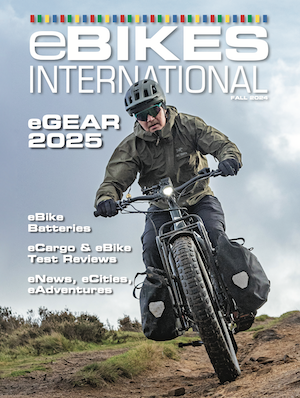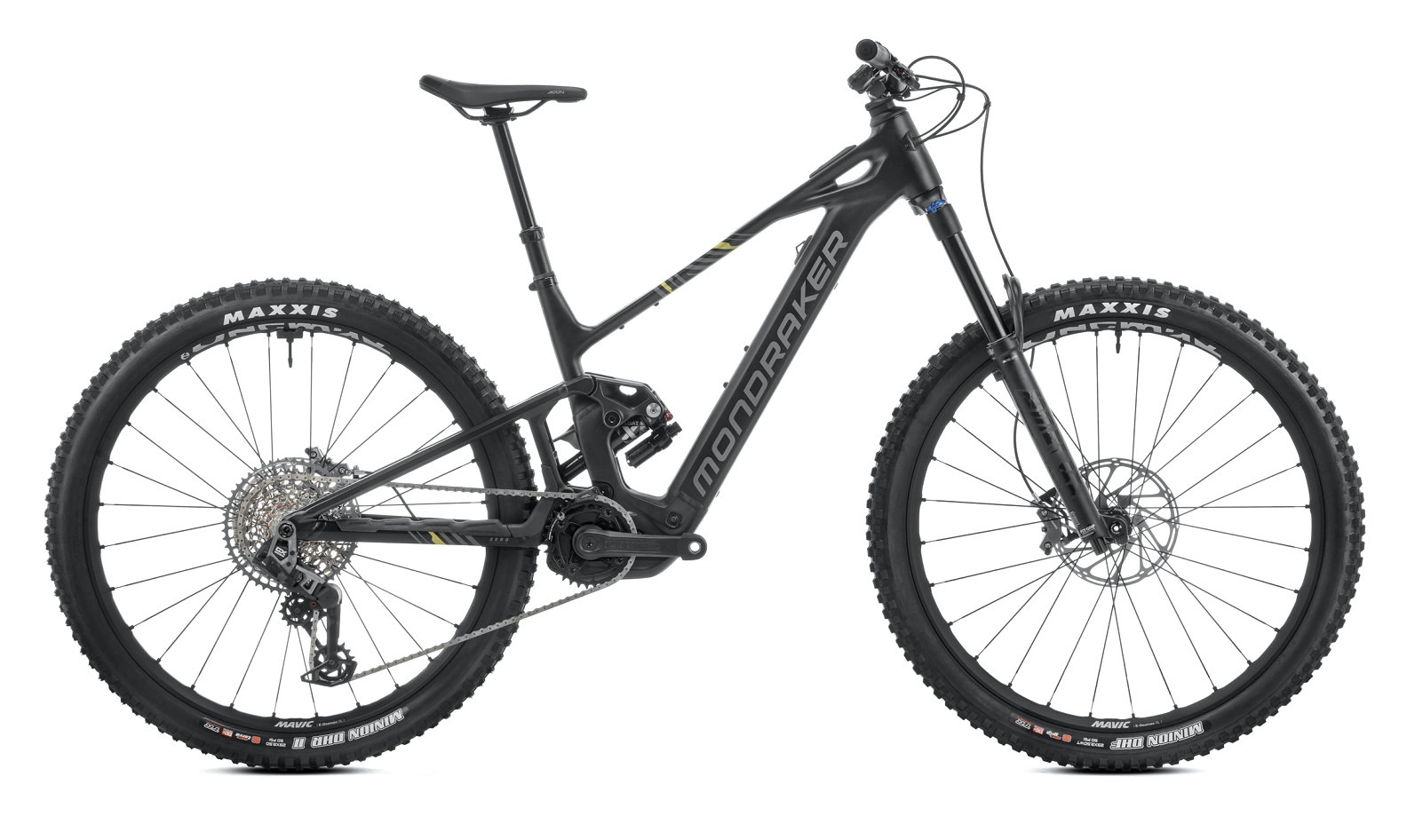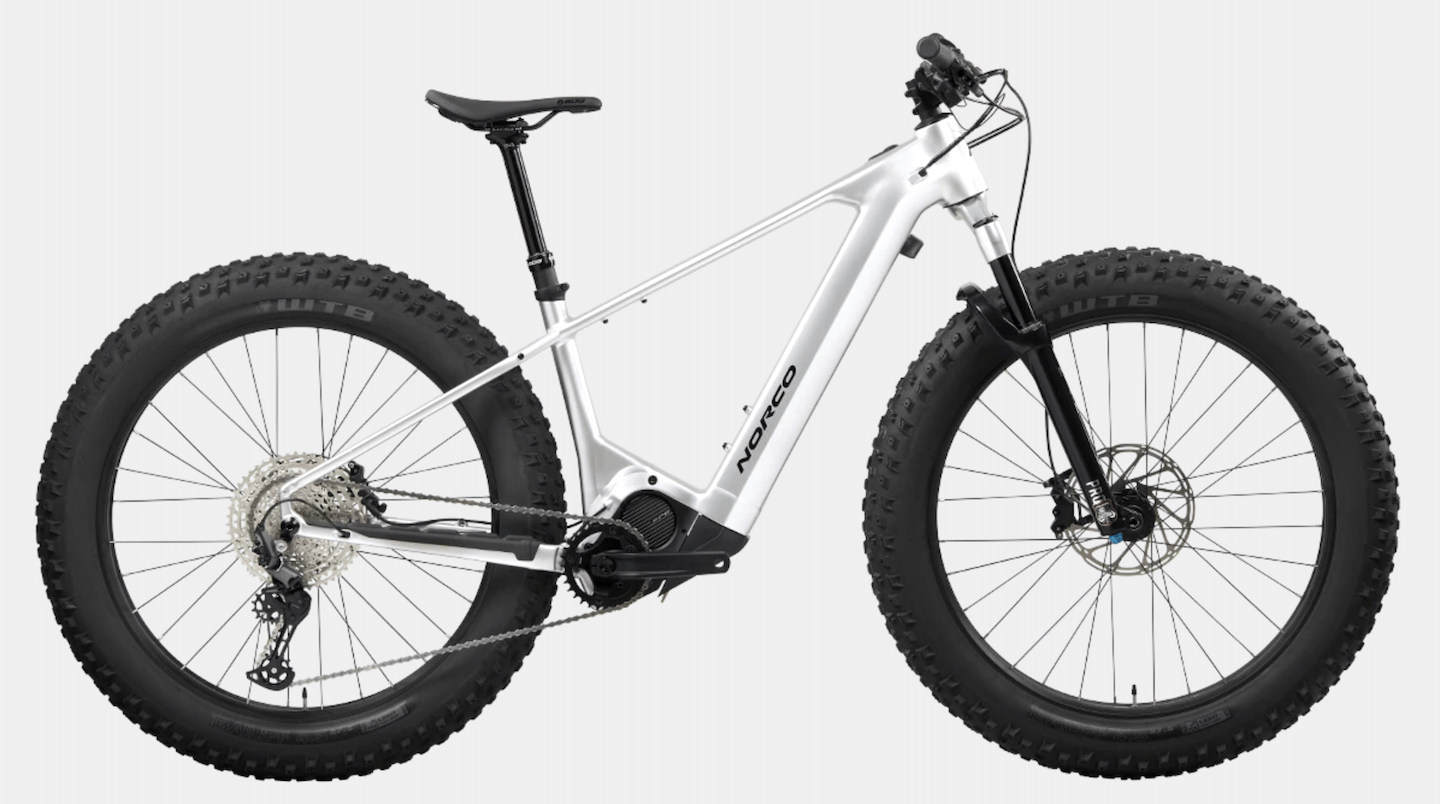April 22, 2022 - The International Cargo Bike Festival (ICBF) recently announced that their 2022 event will be held October 27-29 as they’re teaming up with World of eMobility, a hybrid B2B/ B2C trade show. The new collaborative event will be held between Amsterdam and Haarlem near Schiphol Airport at the EXPO Haarlemmermeer venue, a huge glass structure with space for exhibition stands, an indoor test track and conference facilities.
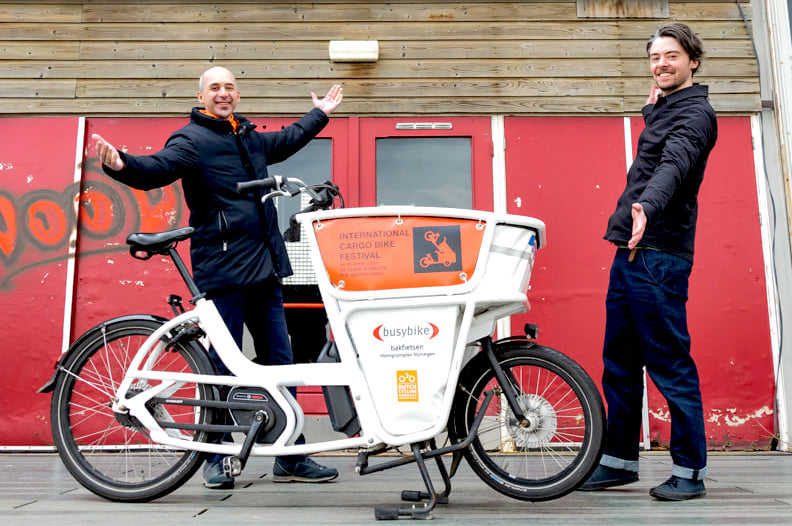
Back in 2019, ICBF welcomed the new year with a bold declaration that the next 10 years would be the #decadeofthecargobike. Pundits lauded the announcement, and soon after, Covid-19 catapulted both bicycles and cargo bikes into the limelight, as cycling rapidly became a zero-carbon mobility solution beyond compare.
We caught up with ICBF founder Jos Sluijsmans and his business partner Tom Parr for a look back at their amazing journey, their take on the evolution of cycling in Europe and abroad, and how their dreams for the humble cargo bike are now being realized.
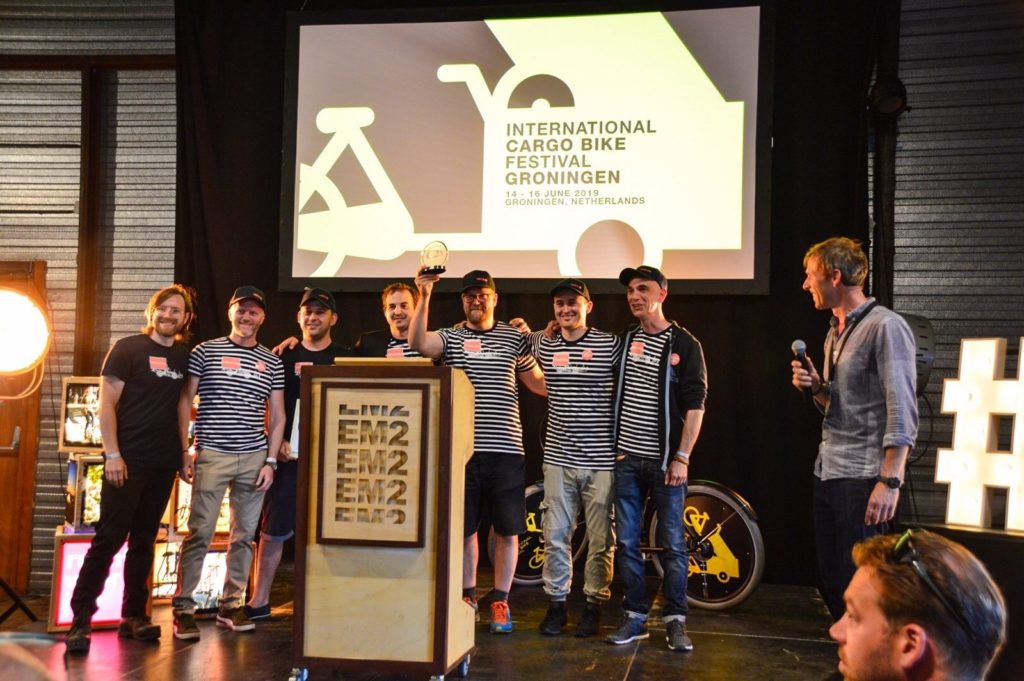
Can you please give us a brief background of yourself and Tom Parr?
ICBF: I started my company Fietsdiensten.nl in 2004 after deciding to make a living with bicycles and cycling. I began a bike messenger business, gave cycling lessons to people with disabilities, and started organizing debates, discussions and events to promote cycling.
Prior to getting involved with cycling, I was a legal adviser and lawyer for about 10 years working in immigration and refugee law, and before that I was a translator/interpreter in Spanish.
Tom worked in the cycling industry in London and Sydney before moving to the Netherlands in 2016. He began working with ICBF writing articles and press releases and became involved with organizing the festival soon after. He became my business partner in 2018 and has worked to build the digital and communications side of our operation. These days our social media channels reach around 20,000 followers.
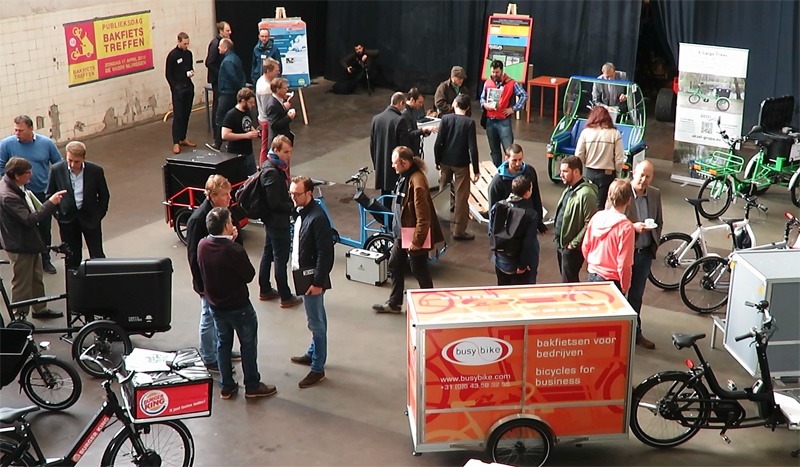
How did the idea or inspiration to launch a cargo bike festival in 2012 come together?
ICBF: The idea came about by chance as a friend of mine, Hans Kooijman, built a pizza oven in one of my former Christiania cargo bikes. He had his workplace at “De Vasim, a creative work area in Nijmegen with some 40 artists and creative entrepreneurs, and they were organizing their annual Open Door Day. I suggested we invite people with cargo bikes for a gathering that we called the “BakfietsTreffen”.
It was a huge success with about 25 cargo bikers in total, from around Nijmegen and other parts of the country such as Zwolle, Wageningen, The Hague, Amsterdam, Groningen, etc. Three representatives from Bafang Electric, an e-bike manufacturer based in China, were among the first visitors.
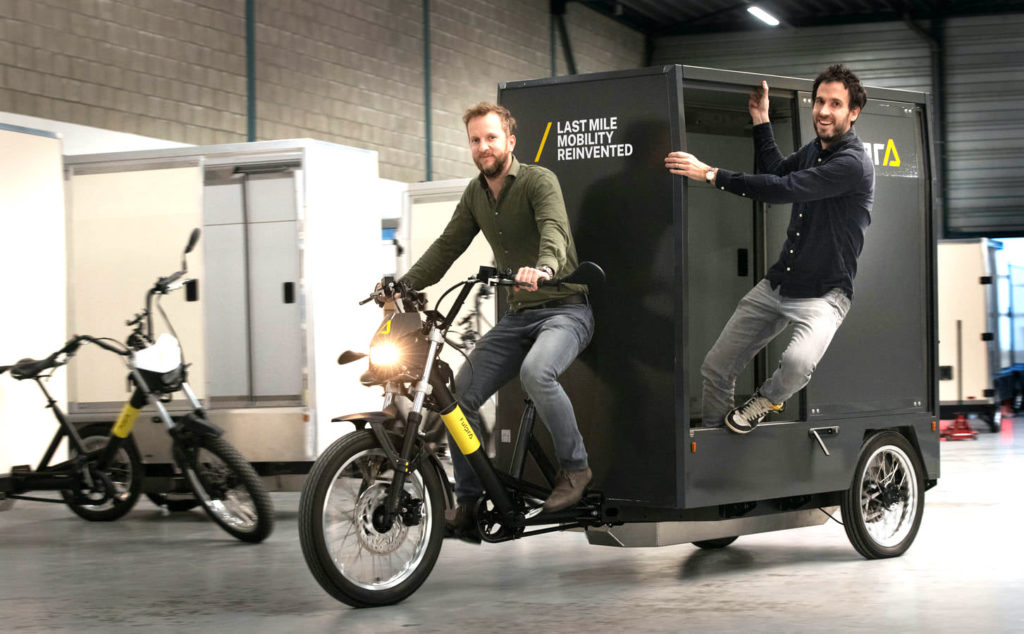
What was it like during the first few years i.e., receptivity, challenges, attendance?
ICBF: It was a lot of fun, and we decided to do it again in 2013. I invited some Dutch retailers to exhibit and the participants of the European Pro-E-Bike project that represented 10 different nationalities, which made it a real international event. We contacted the European Cycle Logistics Federation (ECLF) which was having its first meeting in Cambridge, UK. We’d first met them at the Ecomobiel fair in the fall of 2013 and decided to organize the first ECLF Conference at the “BakfietsTreffen” in 2014.
That’s when we changed the name to the International Cargo Bike Festival. There were about 240 attendees at the conference from 25 different countries, with lots of cargo bike industry start-ups, and innovations, which were really inspiring. The catering for the conference and the festival was delivered by cargo bike.
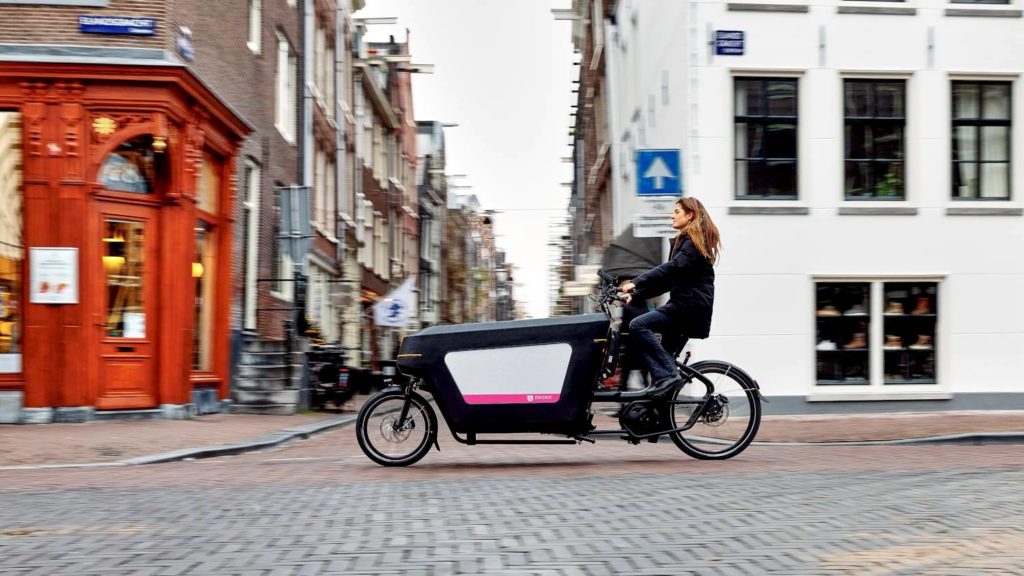
This was the genesis for the ICBF to become a unique annual event for the international cargo bike community to come together, exchange ideas, work on initiatives, race, share a glass… and to have fun.
Running the festival has always been a challenge regarding the business and financial aspects and still is. As it has grown, there are many more moving parts to organize as well.
The pandemic has put cargo bikes into the limelight. How did this affect your plans?
ICBF: The pandemic affected our plans in that we could not organize the international event — however, the increased use of cargo bikes was a positive development. It’s really good to see that e-bikes and e-cargo bikes are both booming, and in our opinion it’s just the beginning. We are now more focussed on providing assistance to our network of companies to reach their potential customers.
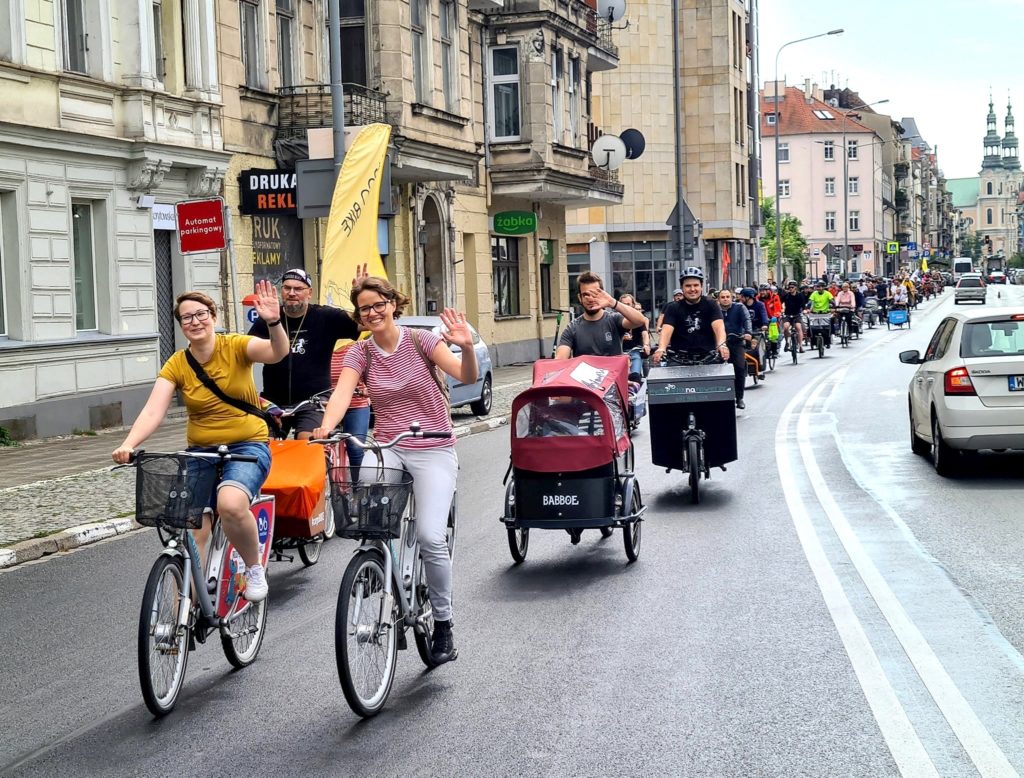
Tell us about how the #decadeofthecargobike proclamation on Dec 31, 2019 came about.
ICBF: Good question. As discussions around fossil fuels became more relevant in light of the climate change issues, we could see changes happening around us more rapidly. Tom and I had jokingly mentioned it several times as the new decade was about to begin, and eventually Tom made a real thing out of it with the hashtag, etc.
The idea was to really inspire people to visualize how the cargo bike could help change our cities within 10 years; and then take the steps to get us there. We’re over 20% of the way through the decade now and there has already been much more progress than we expected, which is great.
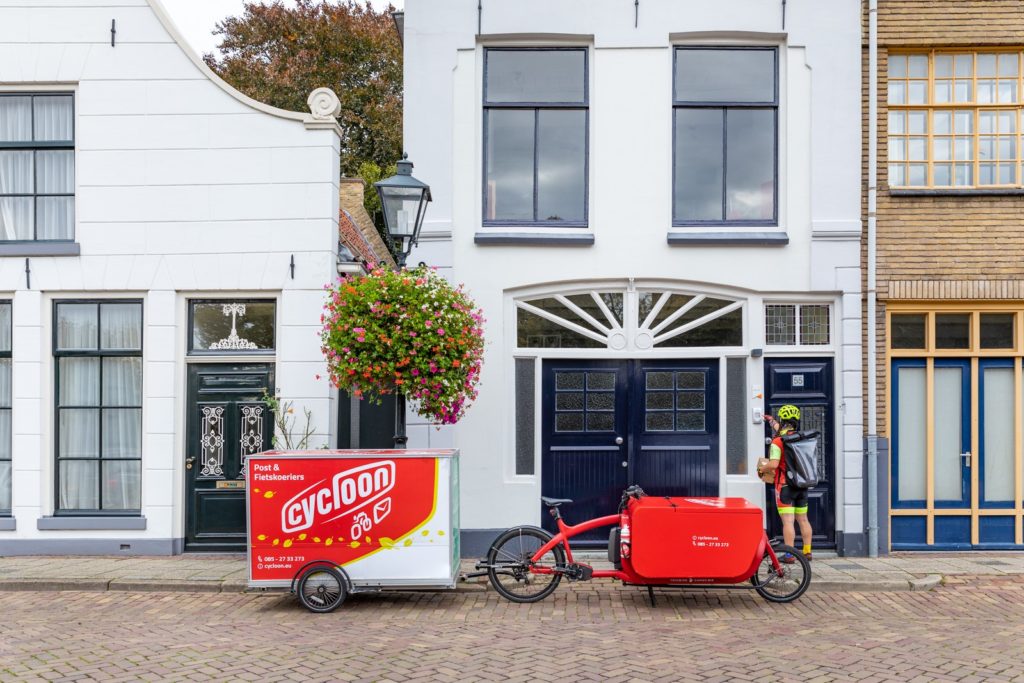
Who are some of the top or interesting players that are emerging e.g., Zedify UK?
ICBF: Yes, Zedify in the UK is doing very well. In the Netherlands, there’s Cycloon and the Fietskoeriers.nl network, which are examples of many great companies and start-ups. There’s also Kurierzentrale in Switzerland, Velove in Sweden, and Txita and Vanapedal in Spain. Actually, we’re seeing all kinds of interesting developments in many places all over the world.
In the Netherlands, Belgium, Germany, the UK and France, there’s an increase in the use of cargo bikes in service logistics not only with independent entrepreneurs, but also larger service providers have started using cargo bikes to get around more efficiently in cities.
There are also new “on-demand” delivery companies emerging who will also have a huge impact, but we really don’t know as of yet how this aspect will develop.
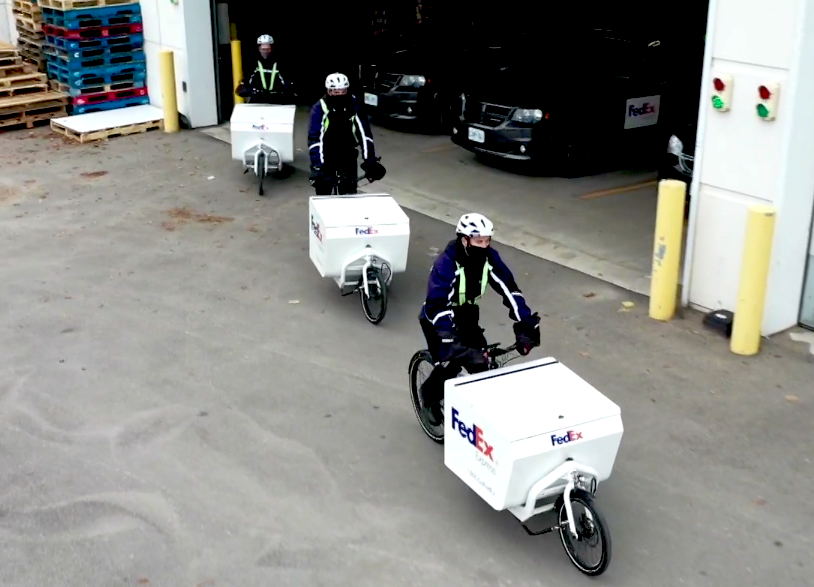
DHL, Schenker, Post NL and now FedEx, UPS are on board… that must bring a smile.
ICBF: Of course, these companies are necessary to scale up. As noted, the increase of “on-demand” companies like Gorillas, Flink, Getir, Zapp for grocery deliveries, etc. are using e-bikes and e-cargo bikes more and more. This has led to new e-mobility companies, like DOCKR in the Netherlands, who offer subscription services and leasing options, which means small delivery companies don’t have to buy units to become operational.
We saw a cargo bike prototype using hydrogen without batteries — is this the future?
ICBF: There are several projects to promote and/or do research on the use of hydrogen in cargo bikes such as the European Fuel Cell Cargo Pedelecs (FCCP) project, All About Hydrogen, VUF, LAVO, etc. Only time will tell if this is the future. There’s still a lot of research and development necessary before we can say for sure.
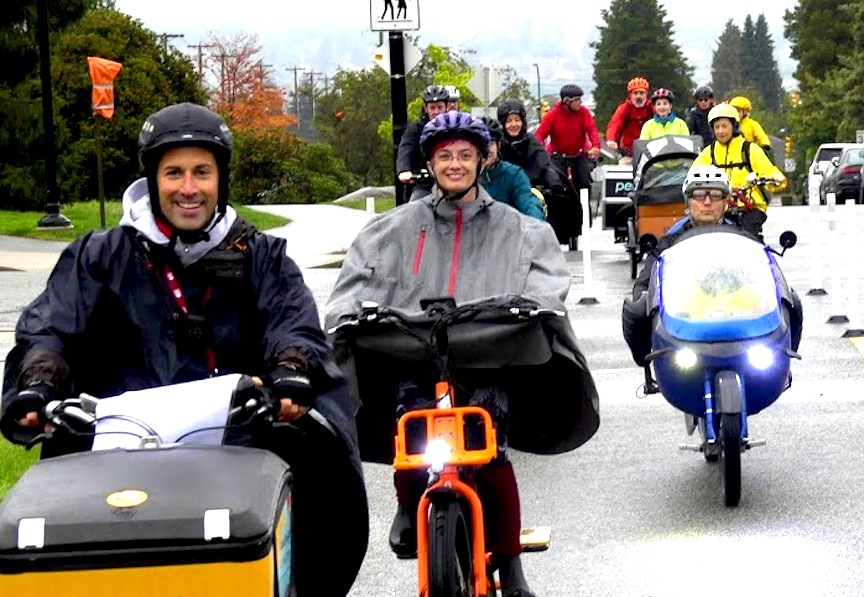
What’s your take on the cargo bike scene in North America?
ICBF: We know things are developing in North America as well, but our knowledge of the cargo bike scene there is more sparse. We’re in contact with several people that are part of the cargo bike sector for instance Sam Starr, who has a consulting business in Vancouver (currently working for Coop Carbone), and Darnel Harris, Executive Director at Our Greenway (Starr is president) in Toronto
We are working with Our Greenway on the establishment of a North American Cargo Bike Expertise & Innovation Centre in Toronto. In general, it would be very helpful if government organizations would take the lead in micromobility solutions, to assist cargo-bike delivery services and initiatives, and their customers.
When did you launch the ICBF magazine and what are the plans for it going forward?
ICBF: The first edition of the ICBF Magazine was published in 2016. This was really a special occasion, because the magazine was made during the ICBF ‘live’.
There was a team of 10 writers, photographers, journalists, a coordinator, etc., and the participants and visitors got the magazine at the end of the three-day event. Later editions were prepared before the event with the contributions of companies and organizations.
Since then, it has been published annually and we will keep going with that, but it would be great to be able to publish two or four editions annually.
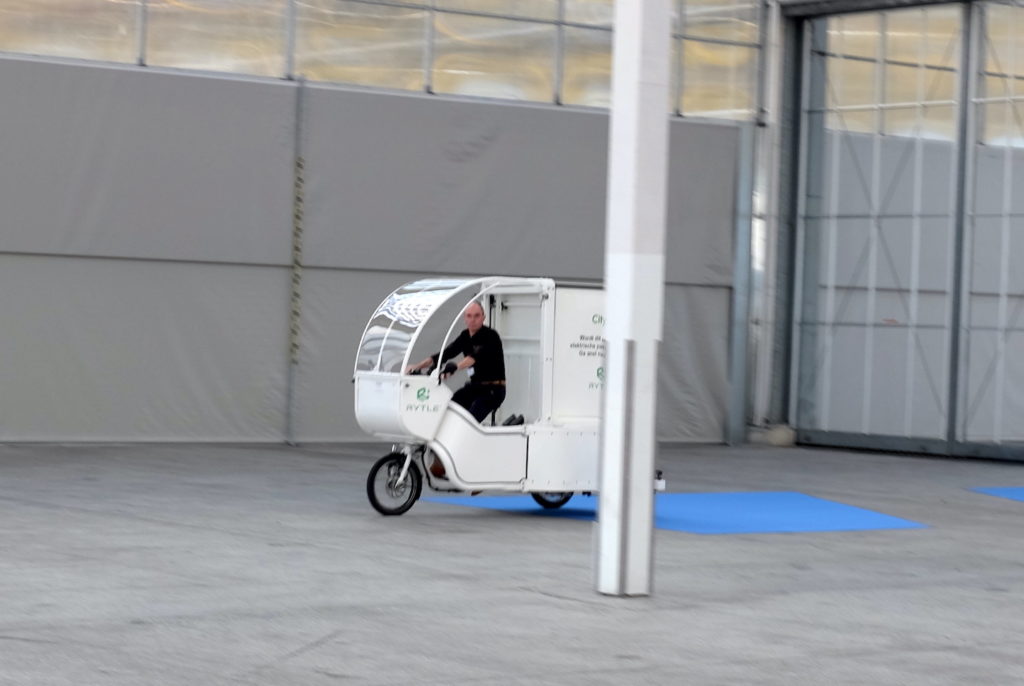
Tell us more about the new ICBF Show with World of eMobility?
ICBF: For 2022, we’ve partnered with the World of eMobility to have the ICBF at their event on October 27, 28 & 29 at EXPO Haarlemmermeer in the Greater Amsterdam Region.
This new collaboration will allow both shows to expand their reach into new markets. Both organizations have similar goals, and there are many great benefits to working together.
We’ve always been open to new ideas, and over the years, various
city councils and organizations have asked to stage the ICBF in their city or community — yet most don’t realize the amount of time, energy, logistics and finances that are involved.
We’re excited about this new collaboration and plan to make it long-term, as it creates excellent opportunities for companies in Europe and around the world, more than ever before.
Thanks for your time, and all the best going forward.
ICBF: Thanks to you as well.
This interview appeared in eBikes International Spring 2022 Buyer’s Guide edition here.



